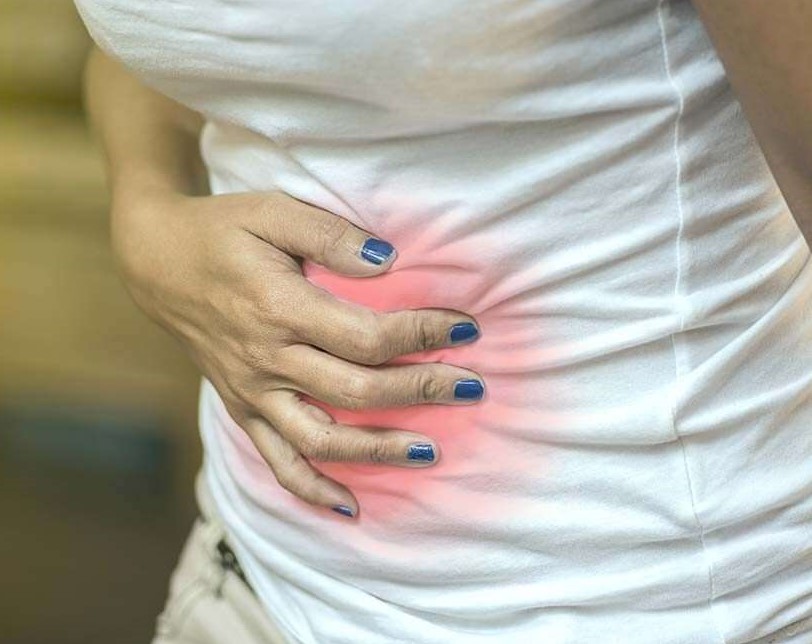PROLAPSED UTERUS

DEFINITION
– Prolapsed uterus is defined as herniation or descent of uterus through vaginal wall
• Etiology
– Congenital weakness of pelvic floor muscles
– Multiple child birth
– Withdrawal child birth
– Improper care during and after surgical procedure
– Increased intra – abdominal pressure
– After total or subtotal Hysterectomy
– Chronic dysentery , heavy weight lifting
• Degree of prolapse
√ First degree : Cervix remain within vagina
√ Second degree : Cervix appears at perineum which descends during standing
√ Third degree : Entire uterus comes out of vagina leads to total inversion of vagina.


• Assessment
– Patient profile
– History
– Chief complaint
√ Patient complain of some mass coming out
√ Stress incontinence
√ Low back ache
√ Post menopausal bleeding
√ Frequent micturition
√ Difficult in emptying bladder or bowel.
√ Constipation.
– On observation
√ Observe pereneal region : redness, inflammation, discharge, degree of prolapse, incision , scanning, decubitus ulcer.
– On examination :
Grading of pelvic floor muscle (0-4)
Vaginal digital examination
Perinometer studies
3 point scale : duration, texture, pressure
– Investigation
√ Hormonal level
√ anorectal function report
√ Ultrasound scanning.
• PT management
1) For 1 st and 2 nd degree prolapse
(a) Pelvic floor exercises
– Done in any position at any time
– Pubococcygeal lift is easier to activate
– Contraction and relaxation of pelvic floor muscle
– Hold and relax technique
– Vaginal cones for strengthening.
(b) Electrotherapy
– Low frequency muscle stimulation by surged faradism is used for re-education.
– Active pad : In perineal region
– Inactive pad : over lumbar region
– 10 contractions are given within 1 min
(c) Integrated functional pattern
– Bracing for quick and sustained rise in intra abdominal pressure used to counter downward pull of pelvic floor muscles
– abdominal drawing
– Visceral interaction.
(d) Urge control
– The methods of detrusor inhibition are perineal pressure by hand
(e) Other methods
– Bladder retraining
– urethral plug device
– ring pessary
– enuresis alarms
2) For 3 rd degree prolapse ( post operatively)
(a) Aim of treatment
– To prevent circulatory and respiratory complication
– To teach postural correction
– To strengthen weakened muscle
– To reduce pain and edema
(b) Means of transport
– To reduce pain, edema and to promote healing
√ Heat therapy is done
√ IFT for pain relief
√ IRR reduces pain, inflammation and edema.
